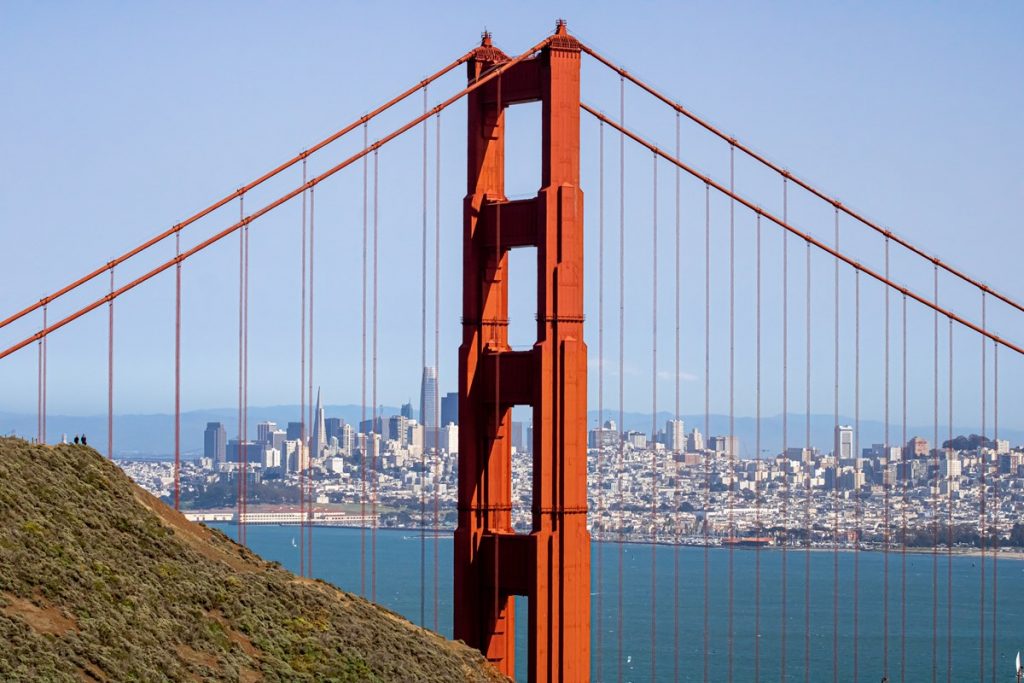
The ride-hailing services Uber and Lyft announced last week that they are pulling up stakes in the Twin Cities because of a new ordinance designed to raise driver pay.
The Minneapolis City Council voted 10–3 to override the veto of Mayor Jacob Frey, passing a policy that will raise the pay of drivers to the equivalent of $15.57 per hour.
In response to the plan, Uber and Lyft announced that they will cease offering rides beginning May 1 throughout the entire Twin Cities, the 16th largest metro in the United States, saying operations were economically “unsustainable” under the plan.
“We are disappointed the Council chose to ignore the data and kick Uber out of the Twin Cities, putting 10,000 people out of work and leaving many stranded,” Uber said in a statement.
City Council supporters say they simply want drivers to earn the minimum wage, but if that’s the case, they passed the wrong ordinance. The Star Tribune reports that council members “seemed oblivious” to a recent Minnesota Department of Labor and Industry study that concluded drivers could be paid $0.49 per minute and $0.89 per mile and make the minimum wage.
“By contrast, the plan approved by the City Council guarantees a floor of $1.40 per mile and 51 cents per minute,” the newspaper reports.
In other words, the wage plan the council passed doesn’t appear remotely close to the minimum wage. But this ignores the larger problem: Neither the Minneapolis City Council nor the State of Minnesota should be setting the wages of Uber or Lyft drivers.
Nobody is forcing drivers to give rides. The arrangement between ride-share companies and drivers is an entirely voluntary one. This is the beauty of gig work. It allows people flexibility and choice about how they’d like to spend their time.
It’s all about opportunity cost. One person might wish to spend $20 to see Dune: Part Two. Others would rather spend the two hours earning money driving Uber. Others might want to see Dune but might not have $20, so they drive Uber for an hour or two while coming back from work.
Nobody knows precisely how much money the driver will make. But that’s not what matters. What matters is that this is a voluntary arrangement that works for drivers and ride-share companies alike and also benefits customers who can utilize services at affordable prices.
This arrangement works across countless cities in the United States, but it is now threatened in the Twin Cities because City Council members believe they know what a “just” wage is. This might sound progressive. In truth, it’s regressive.
Wage and price controls have been failing for some 4,000 years. They appear in the Code of Hammurabi (1755–1750 BC), and that’s not even their earliest appearance. Some might be tempted to blame Marxists for importing price controls to the United States, but the truth is that they existed in North America well before Marx was born.
In the early 17th century, Puritans in the Massachusetts Bay Colony departed from the wisdom of Thomas Aquinas, who argued in the Summa Theologiae that the “just” price of a good was the market price. Wage controls were enacted in the second year of the colony’s existence. These were followed by a ban on “excess profits.” Puritans in Connecticut passed similar policies, and all of the policies had similar adverse effects.
“The men involved in trade in 1635 had about as little notion of what constituted the limits of state authority in the realm of economics as men have today,” Gary North argued in An Introduction to Christian Economics.
Fortunately, the early American Christians were practical people. They learned that these policies tended to create a host of problems, including shortages, surpluses, waste, and inactivity. After people learned these lessons over a few decades, price controls would mostly fade away from America for the next 200 years, with some notable exceptions.
Wage and price controls were resurrected with a vengeance in the 20th century, of course. And though the harms of minimum wage laws are well known by economists, and national price-control schemes failed conspicuously, modern Americans are apparently slower learners than our Puritan ancestors.
This is particularly true of Twin Cities lawmakers. In 2022, St. Paul passed the harshest rent control law in the U.S. only to walk back and hollow out the policy to avoid a housing catastrophe.
Minneapolis is playing a similar game with Uber wage controls. It is likely to fail just as badly, and for the same reason.
Prices are signals that convey information to buyers and sellers about scarce resources. Instead of allowing them to work in a voluntary market, lawmakers, like Hammurabi and the Puritans, fell for the false idea that they know what a “just” wage really is.
Source: How Bad Economics Chased Uber and Lyft Out of the Twin Cities – FEE

